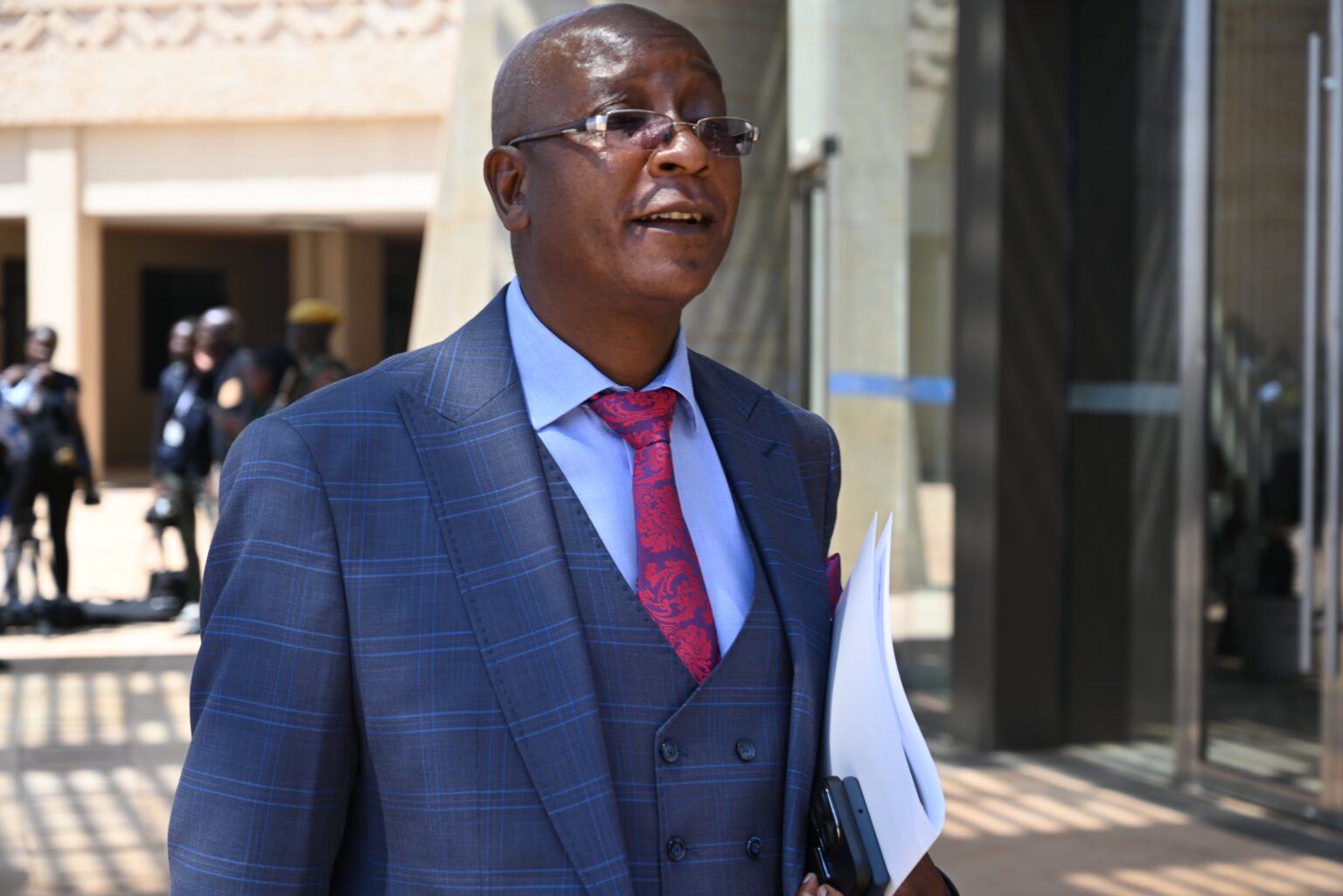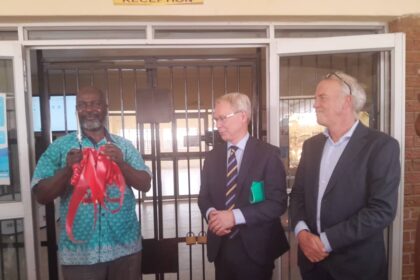THE MINISTER OF JUSTICE, LEGAL AND PARLIAMENTARY AFFAIRS (HON. ZIYAMBI ZIYAMBI): Thank you Mr. Speaker Sir, and good afternoon. It is a great honour to rise and present my Second Reading speech on the Administration of Estates Amendment Bill. The Bill before you today is necessary as it seeks to provide for the better and autonomous administration of the office of the Master of the High Court to enable the office to better serve the people of Zimbabwe efficiently and in a decentralised manner.
Mr. Speaker Sir, accountability and efficiency are necessary for such an office whose responsibility amongst others is to cater for our widows, widowers and orphans. Clause 3 of the Bill introduces the setting up of a Board which will govern the Office of the Master. This Clause provides that the office is an office or record whereby all records are kept and may be transferred to any other place under the direction of the Master, thus ensuring accountability within the office.
Mr. Speaker Sir, to ensure efficiency through decentralisation, documents which were required to be lodged with the Master can also be lodged with the Assistant Master in provinces, which goes to show that the public outcry has been heard.
The Clause also provides for a new section, Section 4(a), where the aforementioned Board and the appointment is established. To that end, I will move certain amendments to that measure to provide for the incorporation of the Deputy Master and one Additional Master into the Board as ex-officio members given the specialised and technical nature of the office’s functions whereby the incorporation of inside senior and experienced members will certainly add value to the Board’s deliberations due to their better understanding of the organisational culture, technicalities and operational dynamics. Their insight will be valuable to enable better service delivery.
Mr. Speaker Sir, the functions of the Board are also provided for which include administering and supervising the Office of the Master, the appointment of members of staff and dealing with complaints or grievances made by or against members of the office among others. In light of the above, the Board is not subject to the control or direction of any person or authority other than for purposes of auditing. However, the Bill does empower the Minister to give policy directions to the Board in his capacity as a policymaker, but within the scope of the Minister’s Portfolio and subject to the specifications of Section 4D which include the Minister giving the Board general directions relating to the policy, the Board is to observe in the exercise of its functions as the Minister considers necessary in the national interest and not be inconsistent with any provision of the Act and issued in good faith.
The issue of accountability and transparency is also buttressed in the Bill under section 4 (c) which provides that the office shall submit annual reports to the Minister who shall lay the reports before Parliament. As oversight is a constitutionally mandated function of the House, this will allow the House to assess and scrutinise the implementation of the Act once enforced as well as the application of the budget and the effective management and administration of the office. In addition, the appointment of an auditor to examine the office’s books of accounts speaks to the office being held accountable in its operations as failure to produce required documents to the auditor is deemed a criminal offence under the Bill.
Mr. Speaker Sir, for an office to be operational sources of funds are an integral part and the Bill provides that the office’s source of funds will include funds from Treasury and fees that accrue to the office in the course of its operations. As a Government we have found it necessary for the Office of the Maser to be administered autonomously and in a decentralised manner to ensure better service delivery nationwide and that no one is left behind in regards to accessing the services the Office of the Master offers. Thus, within the allocation of funds from Treasury and fees accrued from operations, the burden on the ordinary citizen will not be increased contrary to the general perception.
Mr. Speaker Sir, currently in the principal Act conditions of service of members and employees of the Master’s Office are governed by regulations made by the Judicial Service Commission. However, this Bill will now incorporate and empower the Minister with specific power to make regulations as an autonomous office as it would be necessary were this Bill is passed in the House.
In consideration of the above, I urge the Hon. Members to support the Bill as it is the right step towards innovation and the ease of doing business for better service delivery within the Office of the Master of the High Court. I now move that the Bill be read a second time Mr. Speaker Sir.



